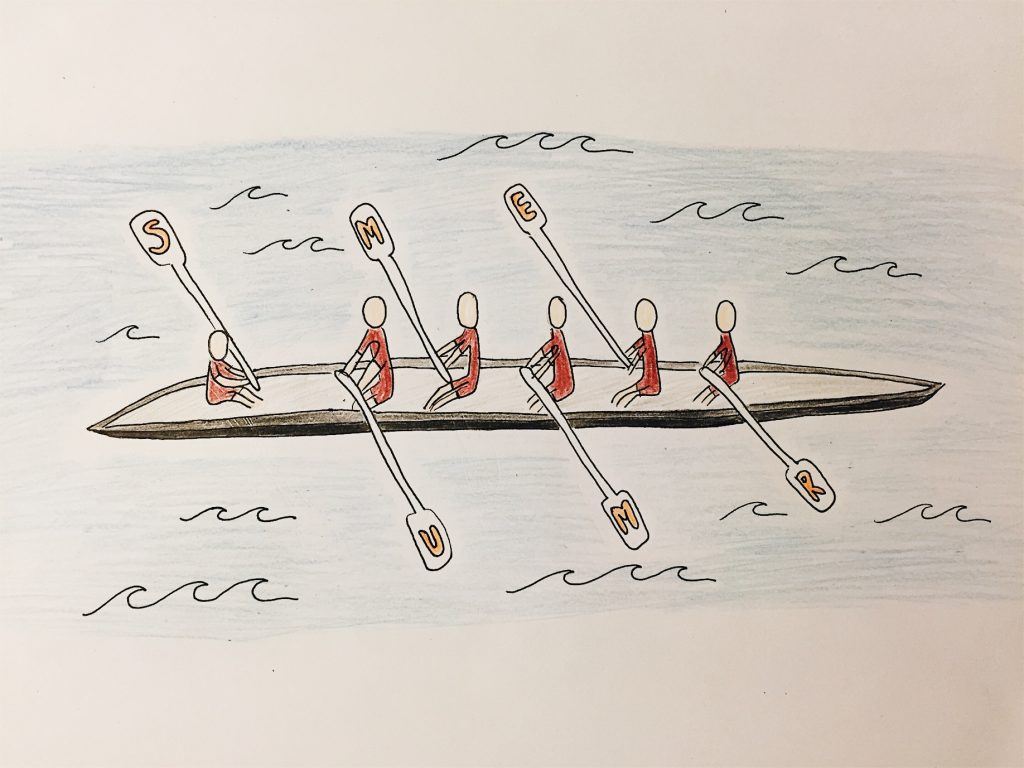As an athlete who participates in two very different sports, lacrosse and crew, I am well aware of the importance to constantly stay on top of my own personal workouts. Crew practices are held year round, while I play lacrosse in the fall and summer. With little time to focus on lacrosse with my frequent crew practices, it is essential to allocate time when I have it to play lacrosse during the off season. I spend time working on skills with my stick in hand, but I spend even more time focusing on my agility and finesse to support my aerobic system. Dedicating time to lacrosse pays off when the season starts up again, and this holds true for athletes of all sports. Athletes who excel know that there truly is no off season.
Maintaining your fitness level throughout the offseason is beneficial for a multitude of reasons. First and foremost, it makes life easier when the season starts. Athletes who do not practice during the off season are essentially procrastinating, putting off the pain that they will now experience from not practicing and exercising. This lack of exercise puts you back to where you started at the beginning of the previous season. On top of this, during your next season, muscles will experience stress because the body is not used to activity, thereby making it more likely to get injured when muscular fitness was not maintained throughout the offseason.
Despite the fact that it is essential to stay active and practicing during time away from a sport, taking breaks from athletics are extremely important to wellbeing. This is where the summer “blackout week” is a key component to offseason training. Essentially, the blackout is a week during the summer in which coaches can not hold practices for any sports. This blackout week is a valuable period of time for all athletes, no matter how dedicated to their sport they are. Since athletes are expected to prioritize their sport above other interests and dedicate a majority of free time to practices, a week off gives athletes a time to recover and rest. Exercise without rest makes athletes exhausted and less motivated to perform at their best, so a mental break from one’s weekly routine can refresh an athlete’s mindset and body, enabling them to perform better in the future.
Essentially, off season training regimens can be broken down to a balance between rest and activity. Too much of either will result in injury or loss of fitness. This balance must be maintained to boost the mental and physical performances of athletes, as well as their overall health.
Lexi Liu
staff writer
Graphic: Amelia Chen


Crew is the only real sport.